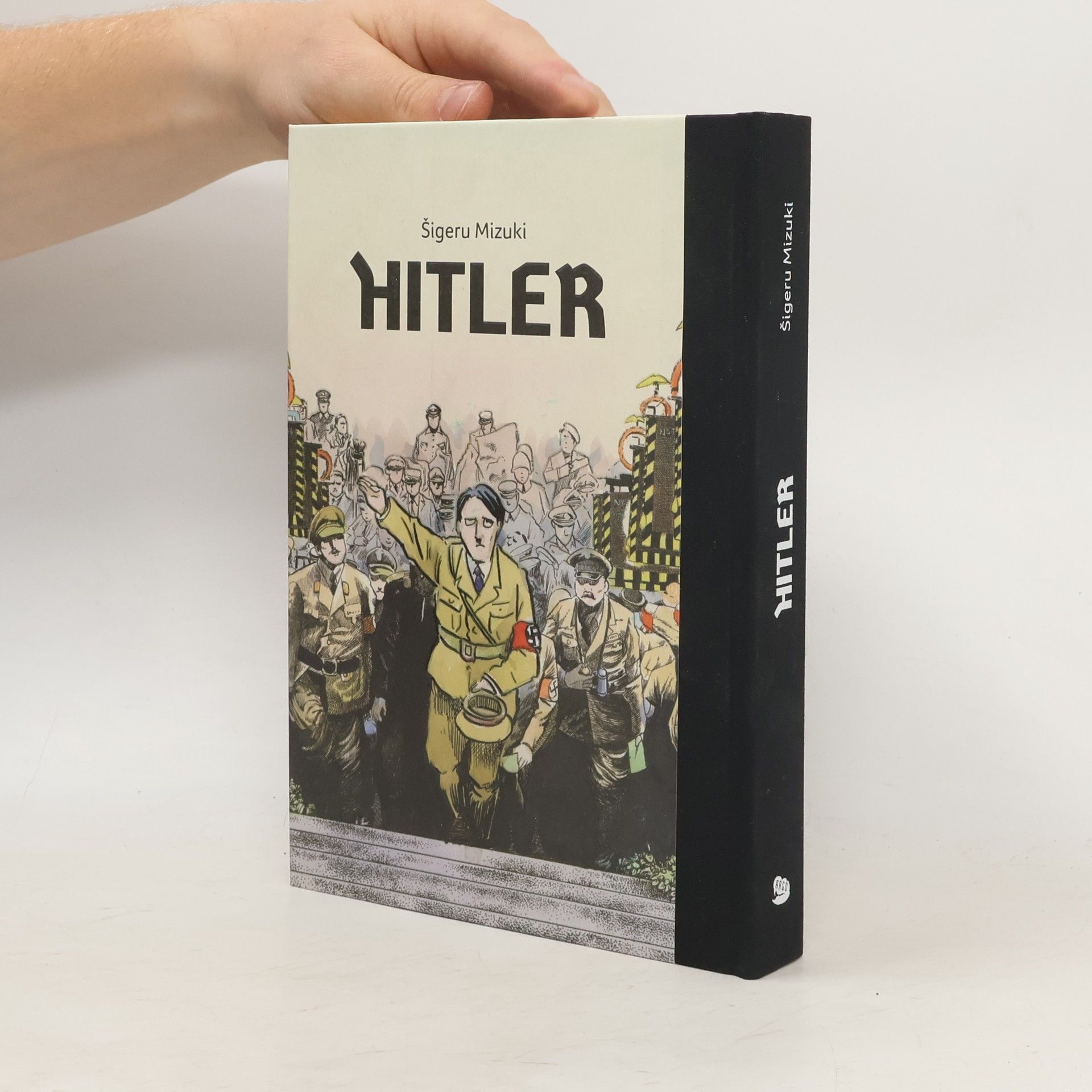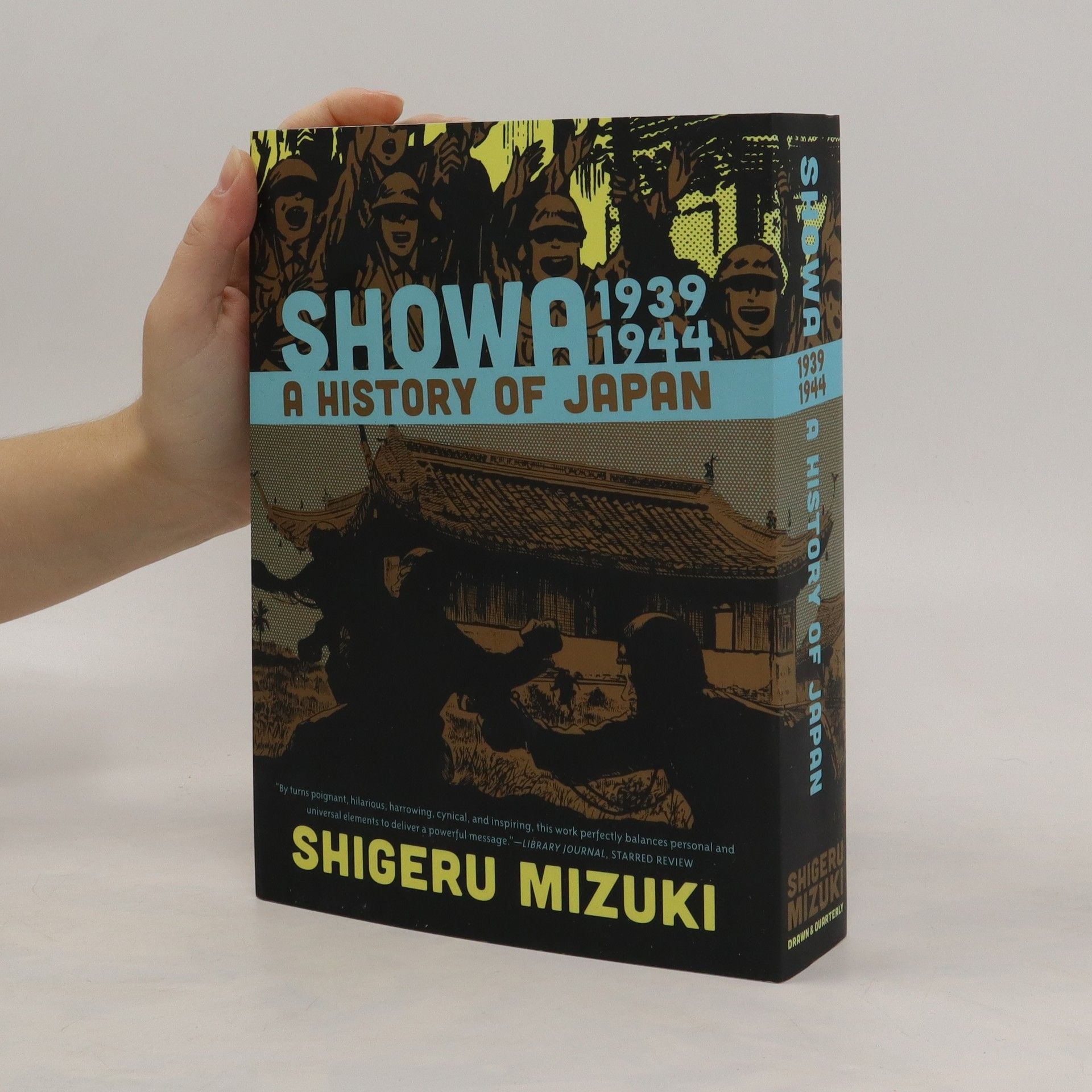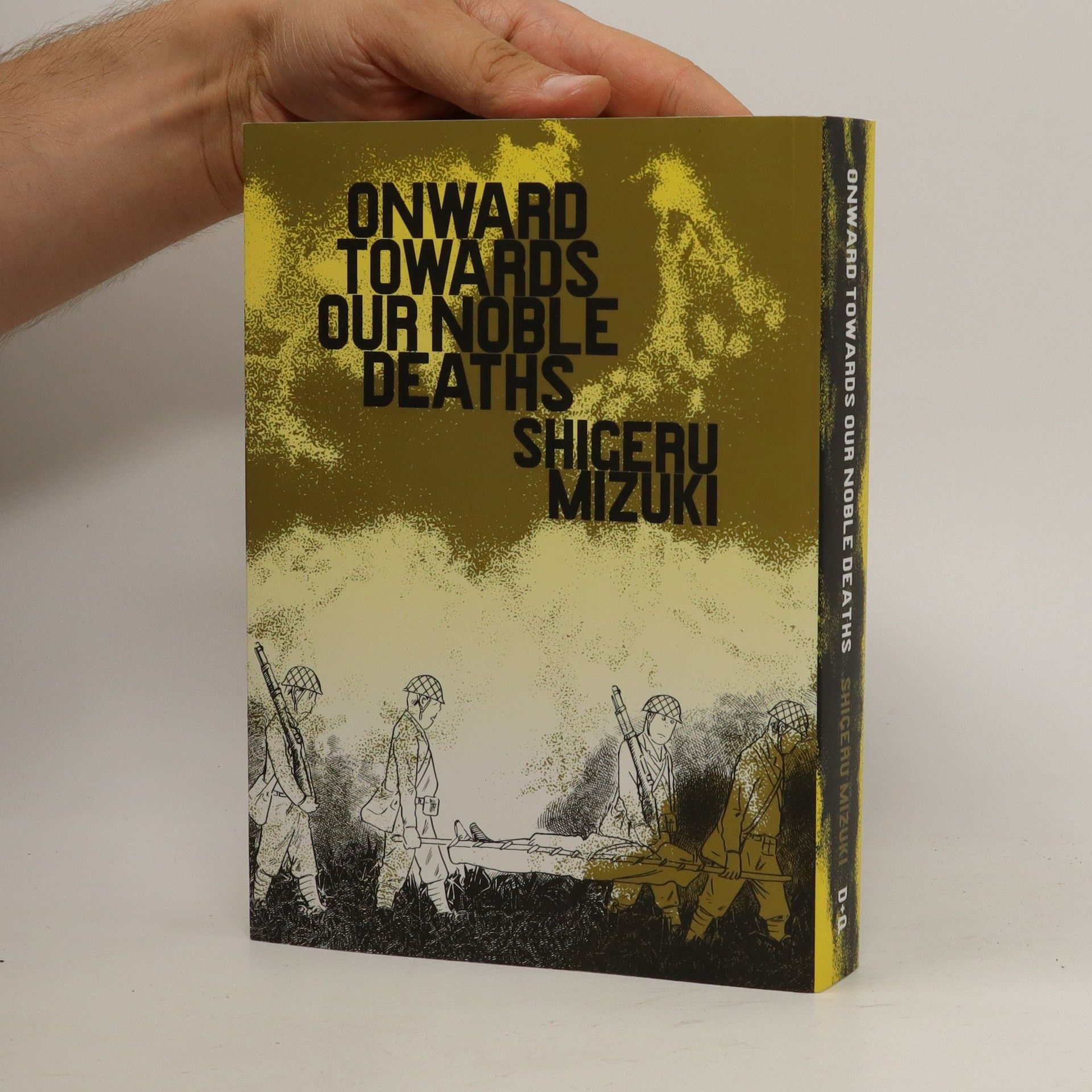Kitaró
- 400 stránek
- 14 hodin čtení
Komiksové příběhy o zvláštním klukovi z rodu hřbitovních strašidel. Kitaró patří k nejznámějším a nejvydávanějším příběhům manga v Japonsku. Již v roce 1954 na sebe Mizuki upozornil prvními povídkami o klukovi jménem Kitaró, pocházejícím z duchařského rodu ze hřbitova, a konfrontujícím každodenní život jak s moderní společností o překot se měnícího Japonska, tak s mizejícím světem "tradičních" japonských strašidel jókai (nebo obake) a záštných zjevení nebo duchů júrei. Nakladatelská anotace.






